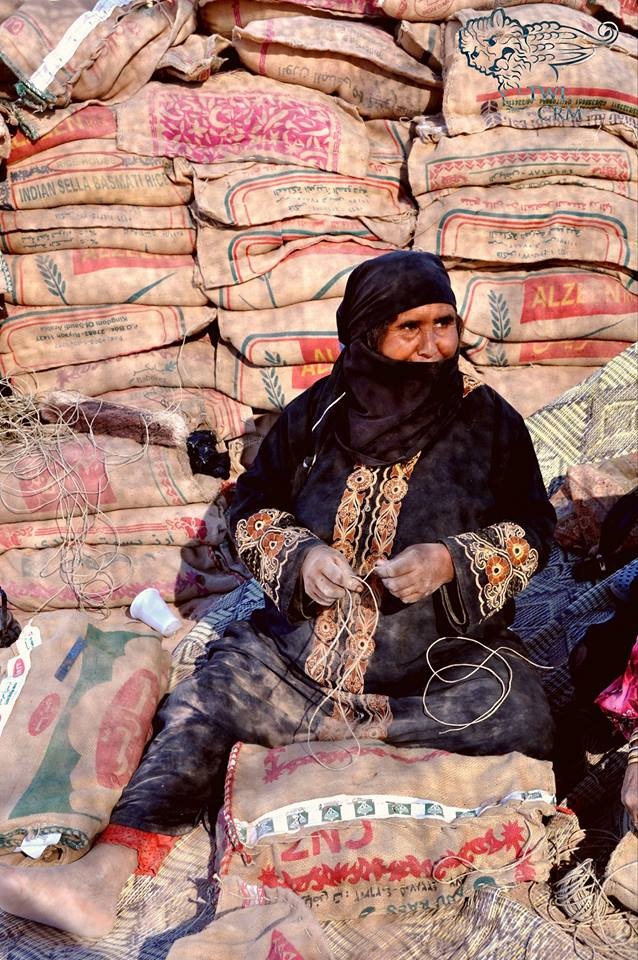Speeches Shim

January 2017—“Just ask Ageleh—she’ll know.” This is a common phrase heard around the Temple of the Winged Lions archaeological site in Petra, Jordan.
Ageleh Al Jmeidi is in many ways the matriarch of the site that has become home to a USAID project that helps train local community members in archaeological conservation and preservation, with the ultimate aim of providing sustainable economic opportunities.
USAID’s Sustainable Cultural Heritage Through Engagement of Local Communities Project currently works at five cultural heritage sites across Jordan located in underserved communities.
In the communities surrounding Petra, it is often difficult for women in particular to find work to support themselves and their families. Those who do work outside the home are relegated to selling tourist trinkets inside Petra. At the Temple of the Winged Lions project, things run a little differently.
The project uses a gender-blind hiring system that extends opportunities for employment to all, not just those with the right connections. Further, it uses a publicized and unified wage scale to ensure equity among all of its employees. So far, the project, which runs from 2014 through 2018, has created more than 800 jobs and trained more than 400 citizens of Petra in vocational skills. More than 60 percent of those trained are women, and 75 percent have been youth under the age of 30.
Al Jmeidi puts a face to those statistics. A mother of six, she was able to provide for and even send two of her children to college with the money she earned working at the temple. “There was no money before. We just sat at home and waited,” she says, her eyes not looking up from the pottery she is cleaning.
Through the project, which has also been funded by the U.S. Ambassadors Fund for Cultural Preservation since 2012, Al Jmeidi has learned to clean, sort and identify pottery; sift through excavation spoil heaps; and create and fill the sandbags used in other areas of the project. She’s a virtual mother to other members of the team and is happy to pass on her wisdom and experience to each new batch of trainees.
The USAID project is expected to expand across Jordan to train more people and create long-term jobs and community development.
LINKS
Follow @USAIDJordan, on Facebook, on Flickr, on YouTube

Comment
Make a general inquiry or suggest an improvement.